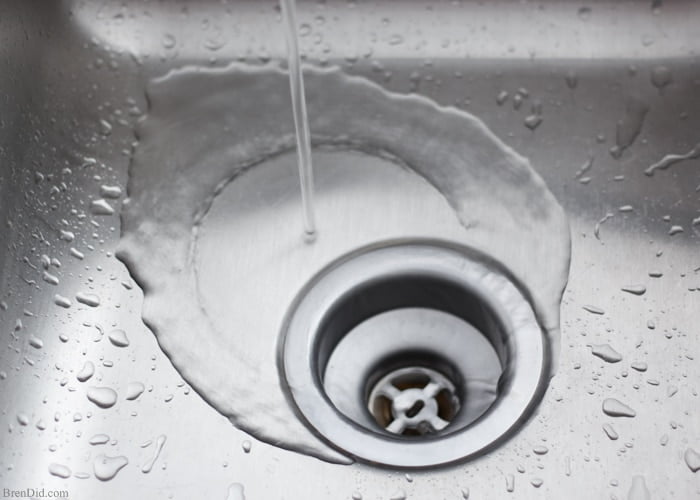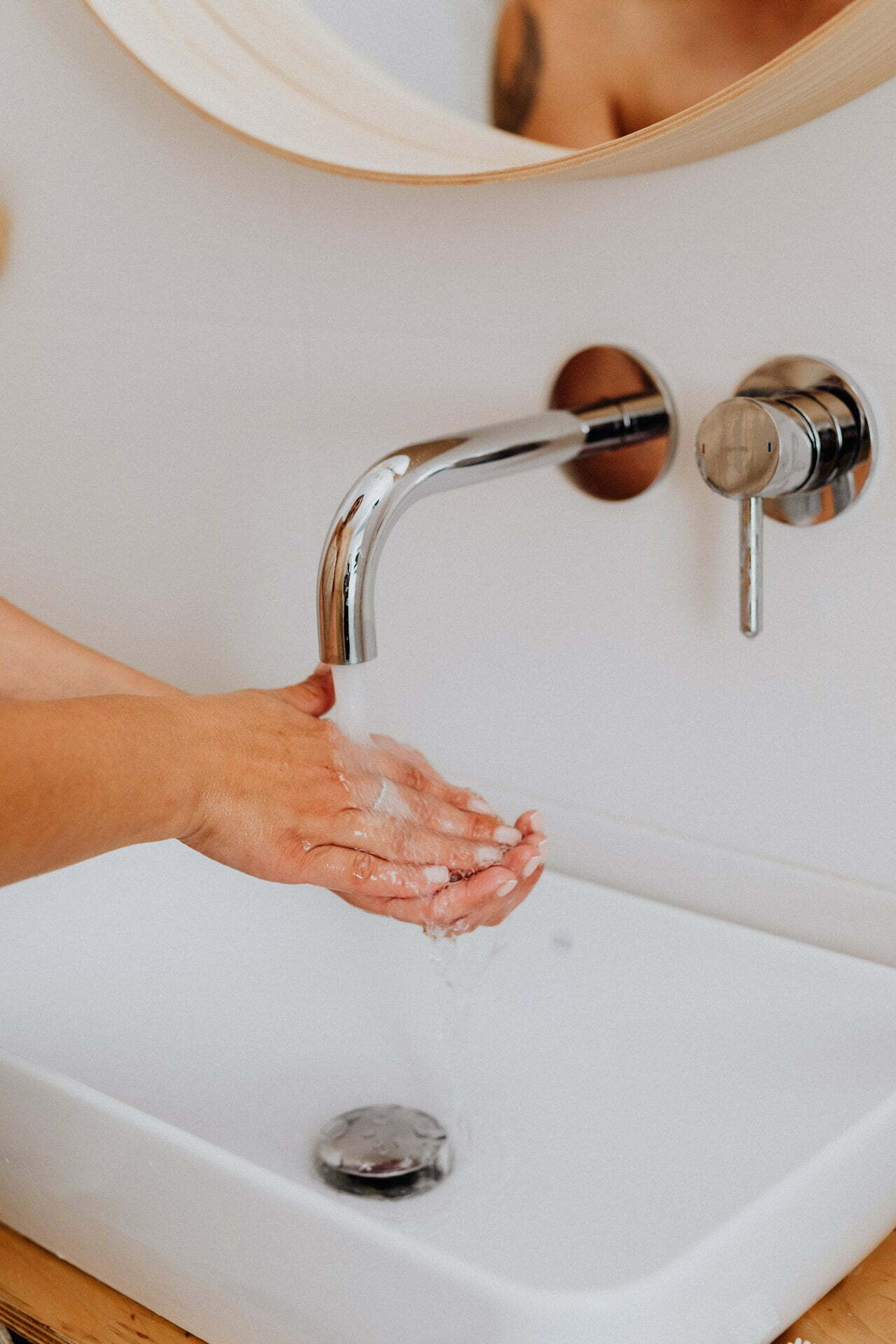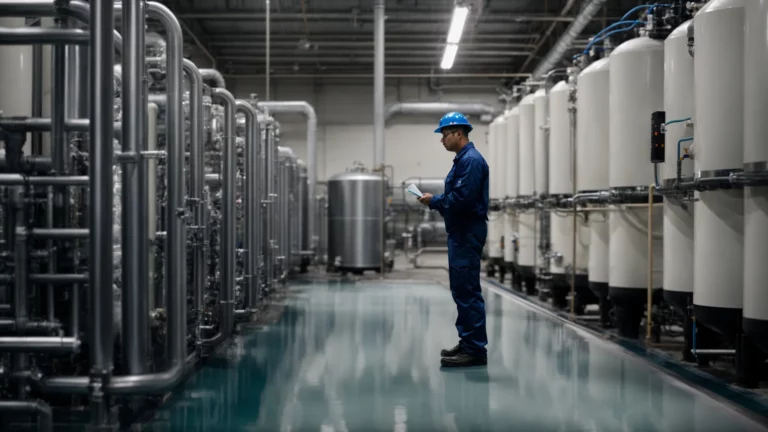Some jobs require a professional plumber, no matter what your skill level is. But there are plenty of DIY jobs around your house that you can tackle on your own. In fact, many people figure out some of the basics so that they can take care of small emergencies themselves. This is helpful, even if it’s a temporary solution until a plumber can get to it.
But if you’re a beginner, even the smallest plumbing tasks can seem daunting. That’s why we listed three of the most helpful tips for you here to get you started.
Check your hot water heater
Hot water heaters can cause homeowners lots of problems as they get older. You do want to be careful when working with these, however. They can be dangerous, and perhaps less importantly, you can also void the warranty if you make unauthorized repairs. But there are some simple tips you can use to make them more efficient.
For one thing, you can turn down the thermostat if it’s set too high. If water temperatures are kept too low, your water can start to grow Legionella bacteria. This bacteria can cause a deadly type of pneumonia. But keeping your water too hot can cause scalding and energy inefficiency. According to the Department of Energy, the best temperature to keep your hot water heater at is about 120 degrees Fahrenheit.
Clear slow drains
Sometimes you can clear clogged or slow-draining drains yourself. If they’re completely clogged, it might be a little more difficult. But there are certainly some things you can try before calling in a professional.

The first thing to try is a plunger. For sinks, you’ll use a common cup plunger. These are just the normal plungers you can probably buy anywhere. But occasionally, these are too flimsy to create a good seal and pressure. For stubborn clogs in both sinks and toilets, you might need a toilet plunger, or flange plunger. These look like cup plungers, but have a rubber flap that folds outward from the cup. These are usually made of thicker rubber and create more pressure.
If the plunger doesn’t work, move on to a drain snake. You can pick one of these up at your local hardware store, and it’s recommended that every homeowner keeps one on hand. The standard sizes are 25-50 feet, and these work with almost any drain. Drain snakes use cables that you slowly wind down into the drain, and the special ends are designed to clear out whatever is causing the problem. Most commonly, the issue is hair clogs, but it can also be food and greasy buildup.
If the problem does happen to be grease and buildup, you may need to use a chemical drain cleaner even after you’ve loosened the clog. The chemicals will help dissolve some of the residue so that the drain flows fully again. It’s also important to run plenty of hot or boiling water through the pipes to help remove all the gunk.
Maintain your shower heads
There’s usually no need to call a plumber when your shower starts leaking or not producing enough water pressure. If you live in an area with hard water, this is a frequent occurrence. Fortunately, shower heads are designed to screw right on to the shower pipe. This means, it’s also easy to screw off.
If your shower head is leaking, you probably just need to tighten the connection. But to do this correctly, you’ll need to replace the plumbing tape. You may need an adjustable wrench to loosen it. But once it is removed, you can remove the old tape and clean off any old sealant or calcium deposits.
Use a stiff-bristled brush and some calcium, lime, and rust cleaner around the threads. If buildup seems to be the problem, it’s a good idea to clean the shower head as well. You can do this by soaking it in a bowl with the same cleaner or vinegar and water for an hour or more. Then use the brush to loosen any deposits that may be clogging the openings. Next, wrap the shower arm threads with white teflon tape that you can pick up at the hardware store. Then replace the shower head, using a wrench to make sure it’s secured tightly. Keep in mind that certain aspects of plumbing can be dangerous to work with if you don’t know what you’re doing. And as with anything else, major issues should be left to the experts. Also, different cities have different codes and regulations. For example, plumbing in Covina may require different permits than plumbing in Los Angeles.











